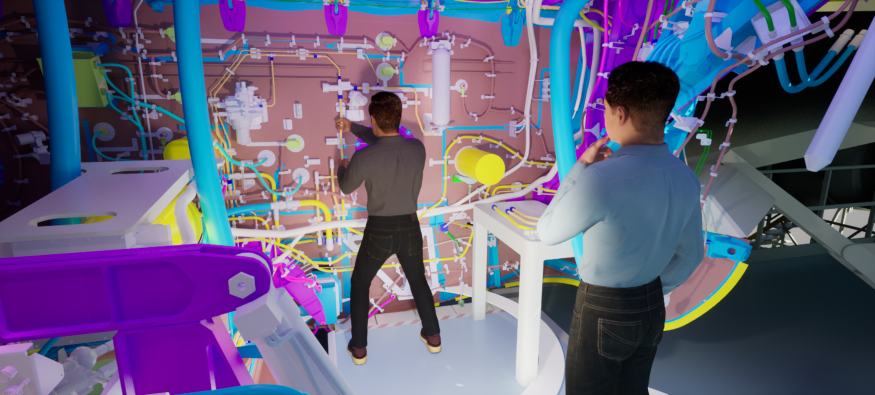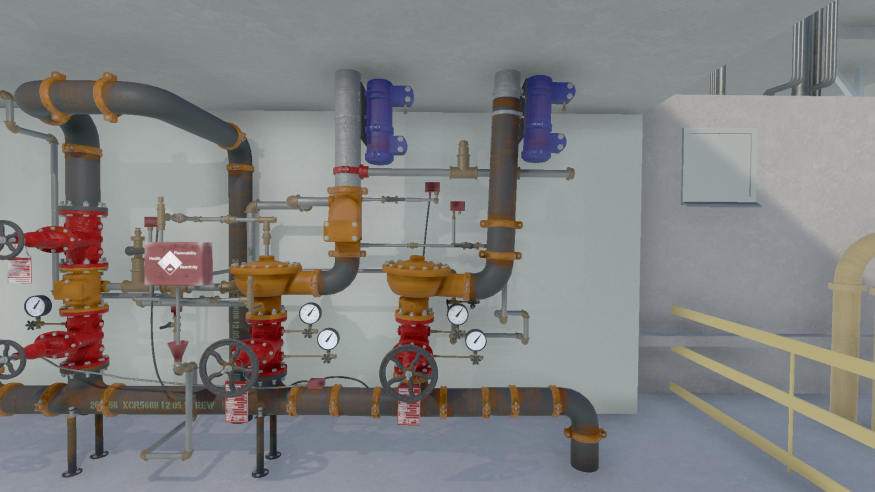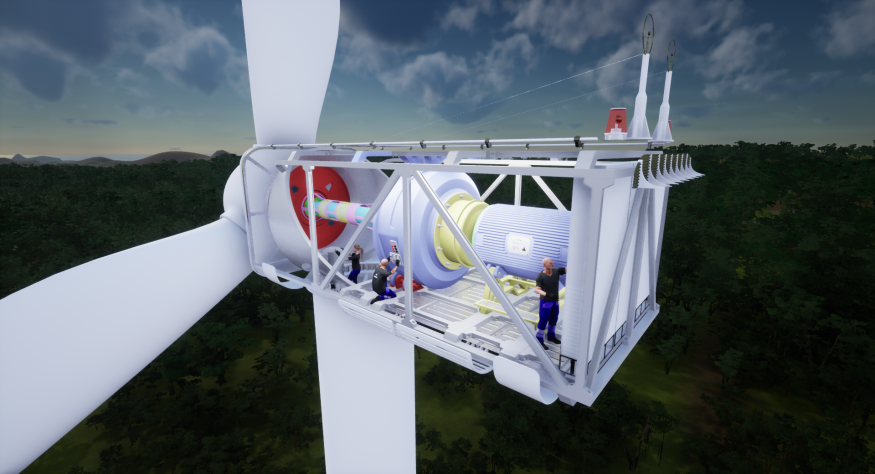VR solutions bring new learning designs that, in the short term can be easily adopted in many professional sectors.
Plenty of professions require a large attention when performing specific tasks or movements. The professions concerned are not lacking. Fighter pilot, neurosurgeon, driller on an oil platform, nuclear equipment technician, GIGN agent, etc.
Among those professions, the learning process can be long and complex. Thus, simulation in real context and learning by repetition become necessary to acquire a sufficient level to perform while limiting the risk associated with practice. That’s what VR training programs allows.
One of the objectives related to VR and precisely learning VR, is to enable individuals to switch between a real environment of conception but virtualized.
Immersive VR training programs
VR technologies as part of learning are used to get collaborators to train to better anticipate, progress and become more efficient in carrying out their tasks, without trial or time limit.
That’s why the immersion offered by virtual reality brings to professional training new perspectives since it will allow to reproduce in a very realistic way all types of situations that a technician or an engineer could face. In this process, stages of learning sequences and ranges of gesture, tests, integration of knowledge can be triggered in an environment free from any constraint or physical, technical, geographical or temporal limit.
VR will allow to simulate risky situations in conditions close to reality without any danger for the engineers or the team members. Every individuals will be sensibilized on real practical cases.
For example, the risk of falling in a work situation, such as that of mountain landscaping work, may already be the subject of a first virtual reality approach. We will be able to measure the level of risk and apprehend oneself fall or the potential fall of an object on oneself, to define VR training programs on specific aspects of the sector.
Virtual Reality learning programs : a way to resolve complex problems whatever teams localisation
Virtual Reality training programs give the possibility to simulate the catch in hand of objects as if they were real, but also the movement tracking of your own body, with a faithful restitution in a virtual environment.
In terms of learning, the use of VR brings interactions and high levels of integration of specific knowledge as professional expertise that will have a stronger impact than a traditional oral learning session.
A listener will remember only 20% of what he heard in class 10 days later.
However, as soon as he will manipulate or practice what he learnt, he will remember 90% of the tasks he will have to do and how to do them.
Objective of Virtual Reality Training Programs
The objective of a VR training programs will also be the transmission, by repetition of exercises and simulations in real context and the uses and practices that are necessary for maintenance activities.
On an oil platform, in the middle of the Atlantic ocean for instance, maintenance problems occurred frequently due to the complexity of its own management. But human expertise is not necessarily in situ when the problem is detected to solve it.
Thus, it will be possible for a team of engineer to study the problem and establish a diagnosis to solve the incident. With VR training a member of the platform could be appoint and specifically trained remotely to solve this particular problem.
In comparison with standard professional training, VR can be used for punctual sessions, very specific and in a relatively short time of production and integration of knowledge. Virtual Reality training will bring answers patterns to specific problems that could be very complex and difficult.





